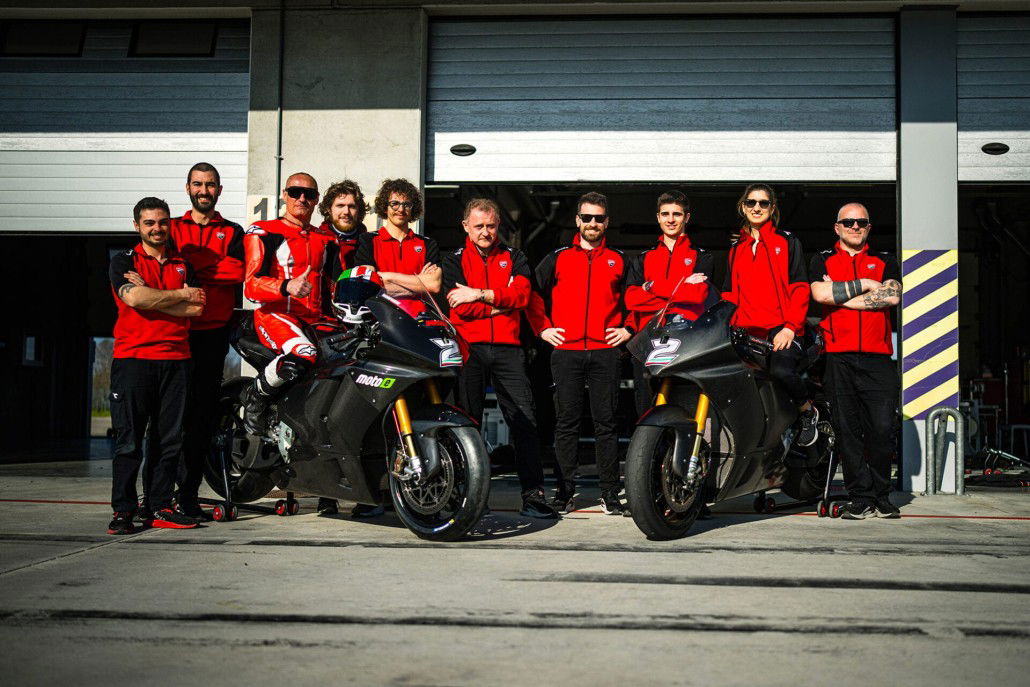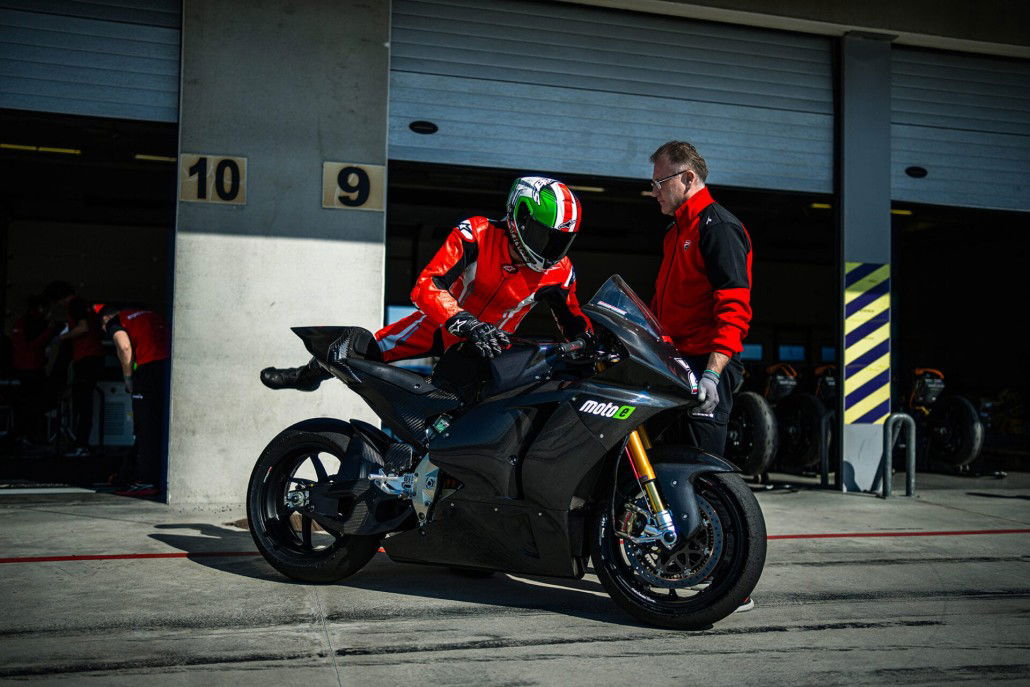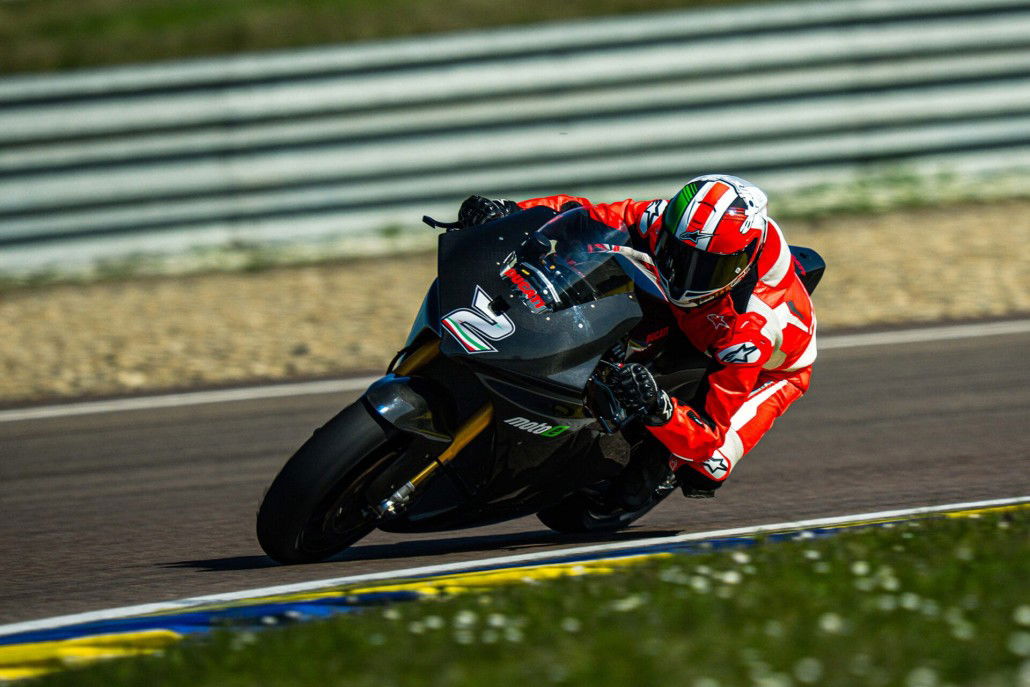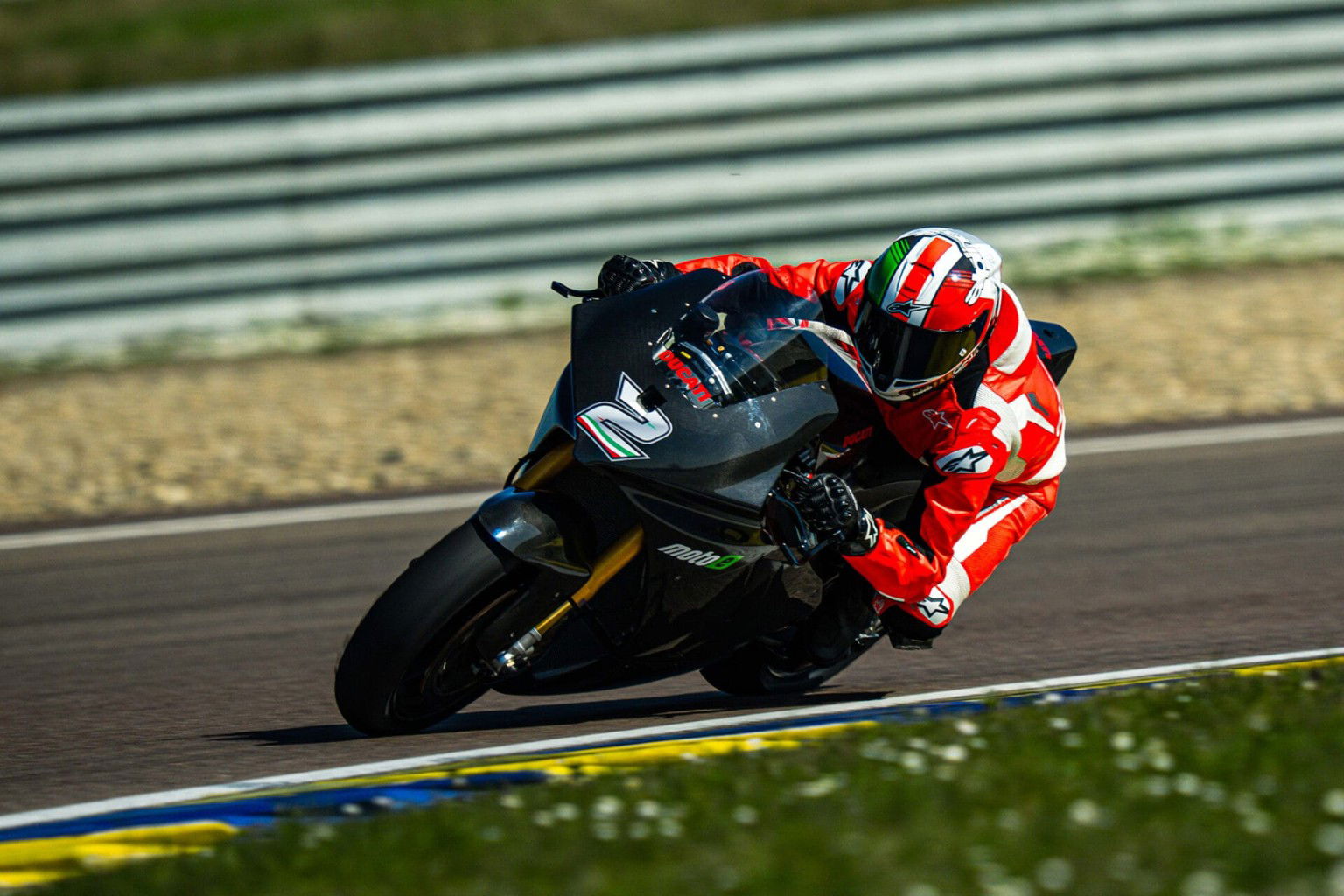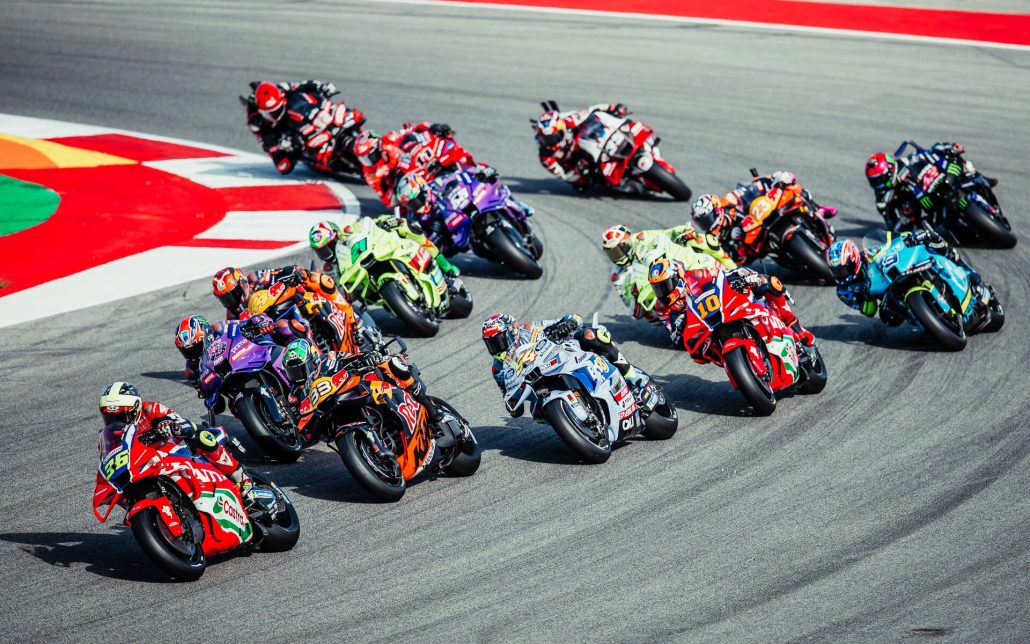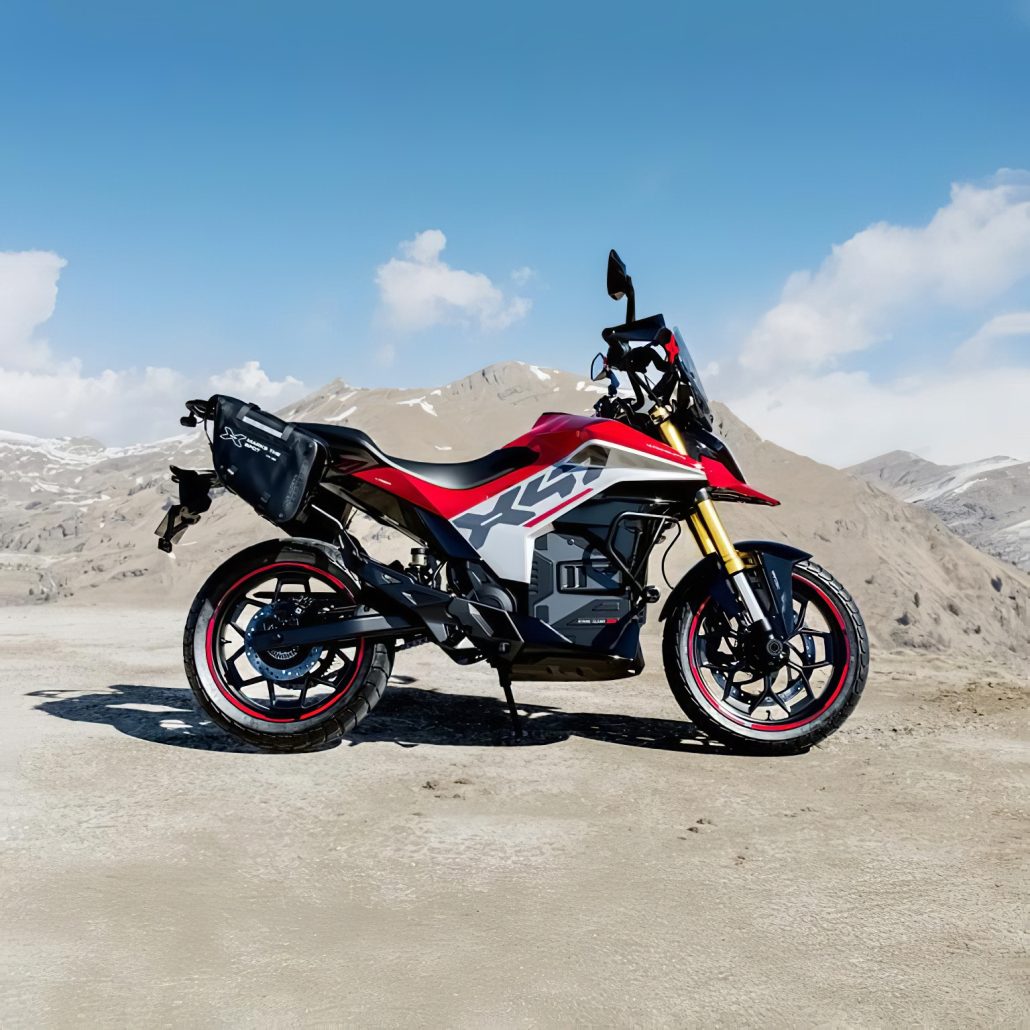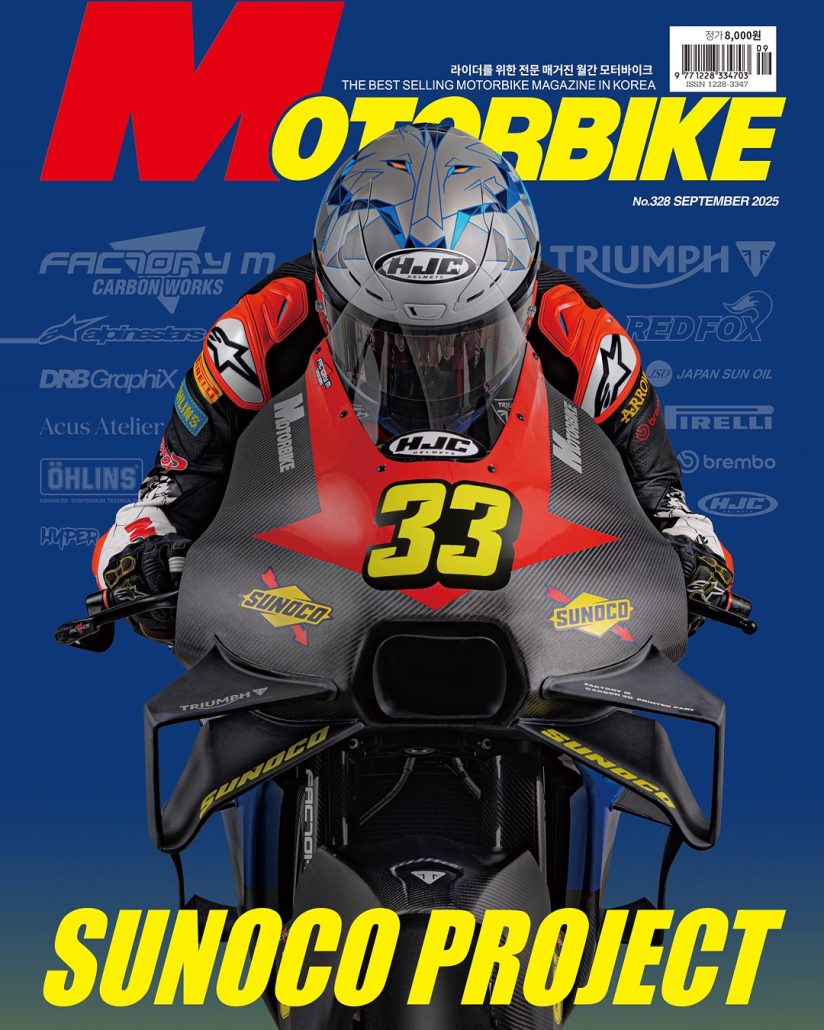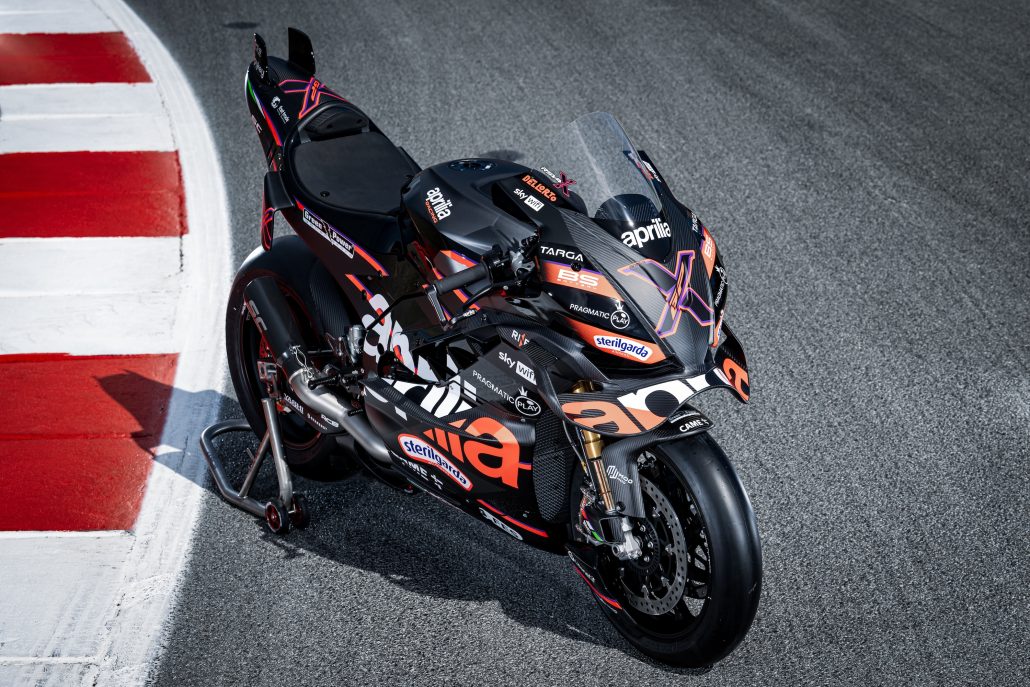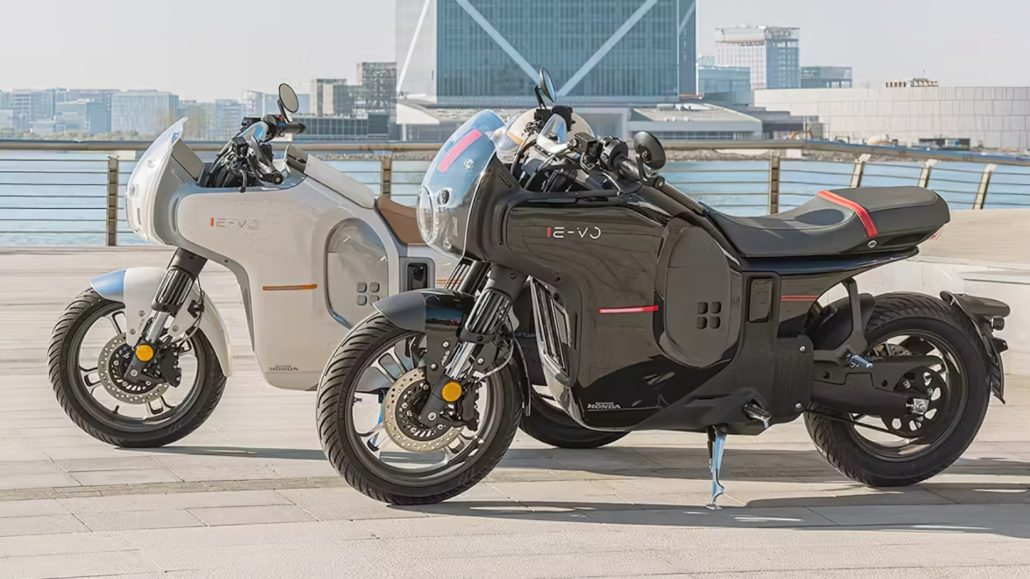New battery pack: more power, less weight
At the heart of the V21L 2025 is a revised battery pack with a higher energy density. Instead of the previous 4.2 Ah cells, 5.0 Ah cells are now used. Despite the increased energy density, the number of cells has been reduced from 1,152 to 960 – this means a weight saving of 8.2 kg. The new battery pack is precisely shaped along the frame and follows the central line of the motorcycle, maintaining optimum weight distribution.
The bike’s performance and range remain unchanged despite the changes. According to Ducati test simulations, however, the lower mass could result in an improvement in lap times of up to three to four tenths of a second – depending on the track layout.
Chassis and ergonomics: fine-tuning for more stability
The chassis has also been fine-tuned: The V21L has been lengthened by four millimeters thanks to new steering head bushes, without changing the basic geometry. The aim is to increase stability when braking. In addition, the swingarm pivot point is now height-adjustable, which offers teams more scope for individual setups – especially when adjusting the chain cable for different gear ratios.
Electronics: fine-tuning for racing
New in the 2025 season is the option to adjust the traction control on a curve-by-curve basis. Three individually configurable mappings allow the teams to optimize the intervention of the traction control depending on the track section and riding style. This measure brings the electronic setup of the V21L closer to the level of modern MotoGP machines.
Reduction of unsprung masses: New rim brings advantages
Another detail update concerns the rear wheel: from the second race weekend in Assen, a new rear wheel rim that is 600 g lighter without pseudo-damping elements will be used. The reduction in unsprung mass has a noticeable benefit on handling – especially in handling and when changing direction quickly.
Technical data: Ducati V21L 2025 (excerpt)
- Battery: 5.0 Ah cells, 960 units
- Weight: 216.2 kg / approx. 476.6 lbs (previously 225 kg / approx. 496 lbs)
- Power: unchanged (official kW/HP not specified by Ducati)
- Traction control: adjustable for each curve, 3 mappings
- Rear wheel rim: from Assen, 600 g lighter
2025 season: seven stops, 14 races
The new MotoE season starts on May 10 in Le Mans and comprises seven race weekends with two rounds each. Ducati will provide the updated V21L for all 18 regular riders and five reserve bikes. The stops range from France via the Netherlands, Austria and Hungary to Portugal, where the finale will take place in Portimão on November 8.
MotoE calendar 2025 (excerpt):
- Le Mans (France): May 9-10
- Assen (Netherlands): June 27-28
- Red Bull Ring (Austria): August 15-16
- Balaton Park (Hungary): August 22-23
- Barcelona (Spain): September 5-6
- Misano (Italy): September 12-13
- Portimão (Portugal): November 7-8
Outlook: Will there soon be a road-legal Ducati electric bike?
The continuous further development of the V21L suggests that Ducati is not only aiming at racing. Rather, the MotoE platform is intended to serve as a technical testing ground to gain experience for a possible production electric motorcycle. It is still unclear when such a model could appear – but Ducati has already signaled that it wants to be ready as soon as battery technologies enable implementation in line with the brand philosophy.
